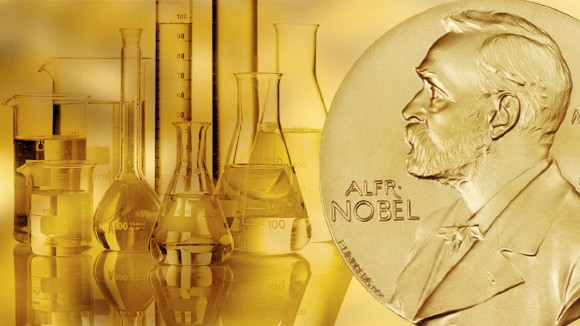This Collection is editorially independent, produced with financial support from a third party. About this content.
 SolidEnergy Systems (SES) is the world’s largest researcher, developer and manufacturer of Beyond Li-ion products and technologies. It was founded in 2012 with the vision to further enrich the conditions for a wireless and fossil fuel-free society, and accelerate the transition to sustainable transportation both on land and in air. SES is headquartered in Singapore and has R&D and manufacturing operations in Boston and Shanghai.
SolidEnergy Systems (SES) is the world’s largest researcher, developer and manufacturer of Beyond Li-ion products and technologies. It was founded in 2012 with the vision to further enrich the conditions for a wireless and fossil fuel-free society, and accelerate the transition to sustainable transportation both on land and in air. SES is headquartered in Singapore and has R&D and manufacturing operations in Boston and Shanghai.
The first product of SES is a high energy density Beyond Li-ion cell called Hermes™ specially developed for the UAV and space industries. The SES Hermes™ has 500Wh/kg and 1000Wh/L (twice the energy density of state-of-the-art Li-ion cells), and can endure harsh temperature, altitude and power requirements. Real field results show that SES Hermes™ can increase UAV flight time by >60%, and enable year-round operation for high altitude pseudo satellites.
We didn’t stop there. We also created an entire Beyond Li-ion ecosystem. This includes material chemistry, cell and pack design and manufacturing, AI-powered battery management systems, and recycling. This scalable platform allows us to drive down the cost and bring Beyond Li-ion to larger markets as fast as possible. Because our long-term plan is to build Apollo™, a complete Beyond Li-ion solution for electric manned transportation.
So, in short, our plan for Beyond Li-ion is:
Build Beyond Li-ion cells for UAV and space.
Use that success to build a complete ecosystem.
Use that ecosystem to provide Beyond Li-ion solution for electric manned transportation both on land and in air.


